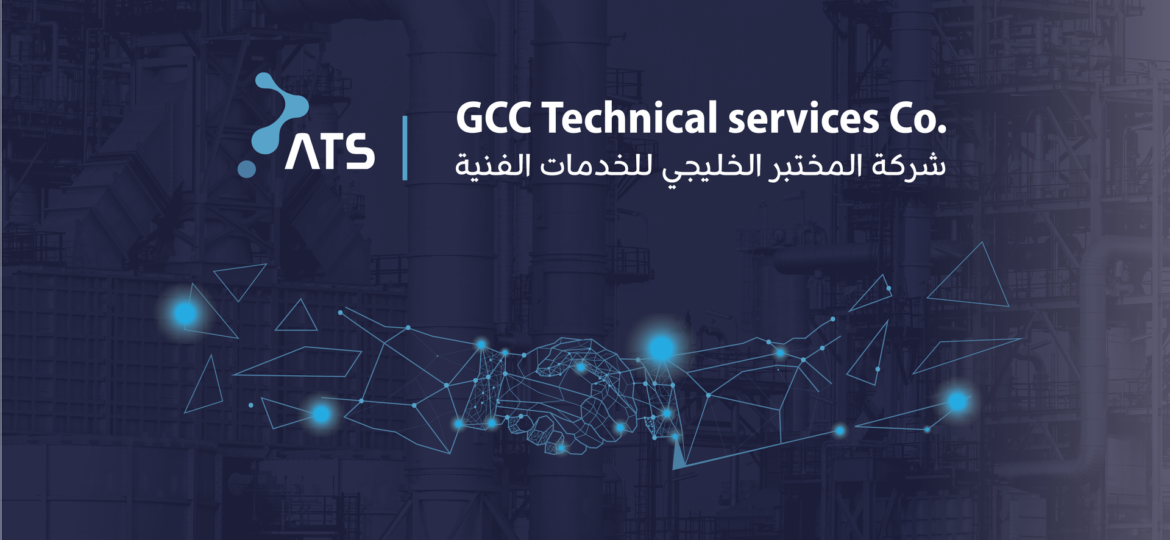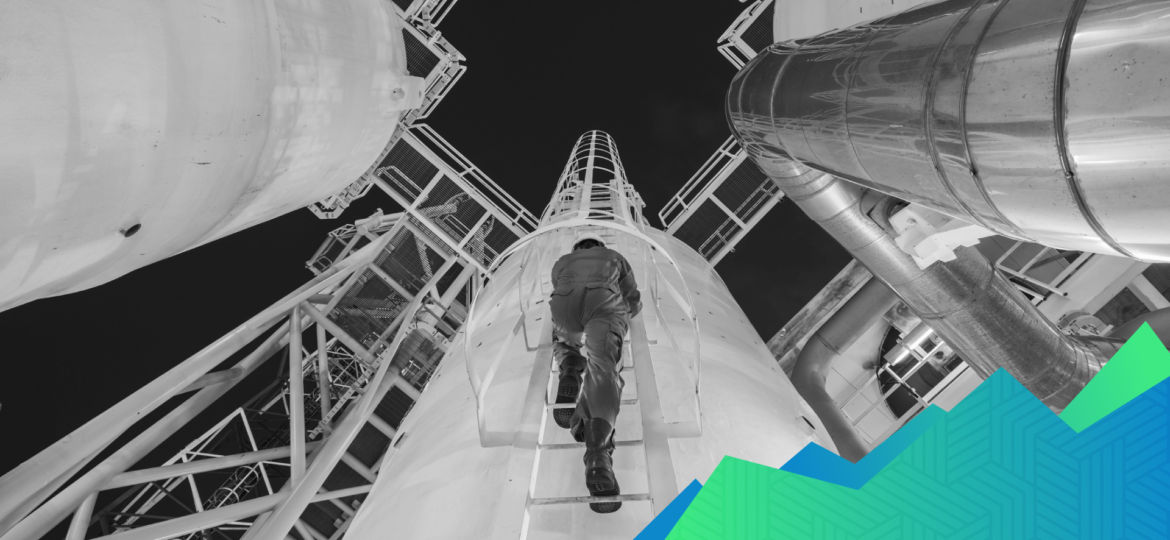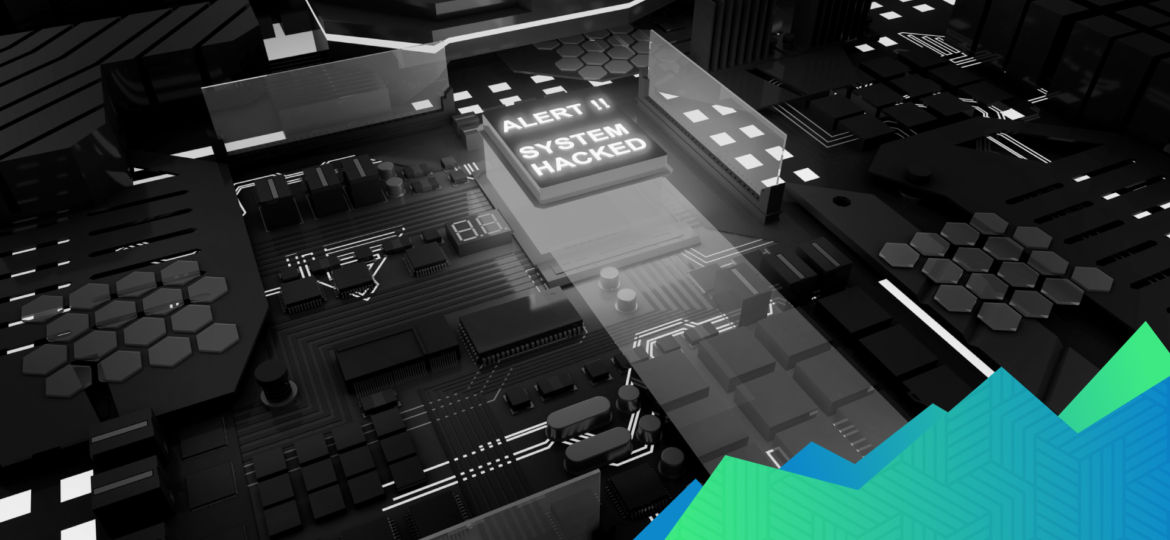ATS is delighted to announce a strategic partnership with GCC Technical Services Co. aimed at providing industry-leading services in the OT/ICS cybersecurity and system integration domains.
A strong base for OT/ICS security needs real-time access of the entire hardware, software and firmware in the network, customer’s data, active accounts information, patches status, susceptibilities, network system configurations, windows updates, implanted system backplanes, the status of diverse security components such as application firewalls, whitelisting, antivirus,
The purpose of an ICS patch management program aims to ensure that ICS is secured and executed by testing, implementing, and deploying trusted patches. This approach helps in ensuring that the industrial control system is updated and is defended against cyber threat actors and malicious operators. It is applicable for all ICS software and hardware elements in both Operational Technology (OT) and Information Technology (IT).
Energy companies are evolving as prime targets for threat actors. The growing value of business data, the importance of fuel infrastructure, and the vulnerability of networked systems are a few primary reasons this industry is exposed to malicious hackers.
Oil and gas companies need to start investing in cyber security at the earliest. Otherwise, some of the nation’s most critical infrastructure would be left wide open to future cyber attacks.
With the rise in geopolitical rivalries and disputes, the Middle East faces nation-state-sponsored cyber attacks on infrastructures such as utilities, oil and gas, and transport hubs. Meanwhile, the advancement to cloud services and digital marketing growth is fuelling a terrifying rise in consumer data theft. Critical infrastructure must segregate and defend networks while governments must bring forward new GDPR-style data security.
ATS is a company that combines innovative technology, products, and services in a well-balanced synergy to enhance any organization or firm seeking top-tier performance and efficiency in today’s modern generation.
Integrating technology into the energy industry is critical for increasing operational efficiencies throughout the value chain.
Cyber security has become a critical problem in the Middle East region and the UAE. The executives of these regions have been raising their spending on cyber security services/products/solutions to decrease security problems (e.g., Aerospace & Defense, Retail, and BFSI) and defend data from cyberpunks.
Operational technology (OT) systems, such as industrial control systems and SCADA, were overlooked by cyberpunks in the past. Robbing OT system data was challenging as it was not connected to external networks.
But that’s no longer the point.
Over the last decade, cyber-attacks on Operational Technology have increased in frequency and scale. Cyber attackers and online criminal squads have used cyberterrorism to disrupt corporations and critical infrastructure globally. Today, they are becoming even more fierce and are utilizing their resources to target Operations Technology (OT) and Industrial Control System (ICS) networks to harm humans.
In comparison to the IT sector, cybersecurity for operational technology (OT) and industrial control systems (ICS) is considerably weak. The significant reason for this is that the OT systems were not designed for a digitalized world where systems are connected via internet.
Yet the advancement towards Industrial IoT (IIoT) demands secure OT systems and protection for manufacturing processes












